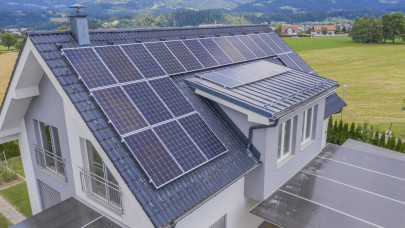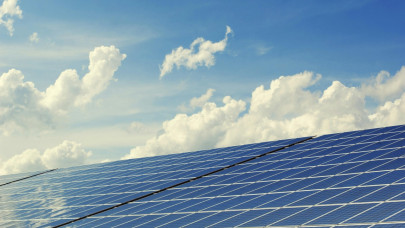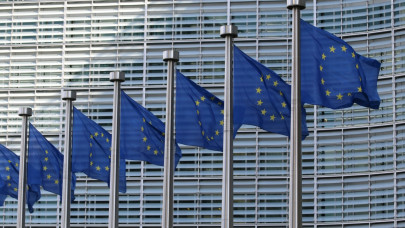These measures play a pivotal role in advancing Greece's climate and energy objectives, aligning with the European Green Deal and the 'Fit for 55' initiative, by facilitating the integration of renewable energy sources into the Greek electricity grid.
Greece formally informed the Commission of its intentions to offer support to two renewable energy generation and storage projects, with a combined budget of €1 billion.
The Faethon Project involves the establishment of two photovoltaic units, each boasting a capacity of 252 MW, alongside integrated molten-salt thermal storage units and an extra-high voltage substation. This initiative aims to enable daytime electricity generation while allowing surplus energy to be stored and converted into usable electricity during peak consumption periods, such as evenings and nights.
The Seli Project focuses on constructing a 309 MW photovoltaic unit integrated with a lithium-ion battery energy storage system. Its goal is to optimize electricity generation and enhance grid stability.
Both projects are slated for completion by mid-2025.
The financial assistance will be provided through a two-way contract for a difference spanning twenty years. A technical committee will determine the strike price based on factors including cost-benefit analysis and risk assessment. The reference price will be calculated as a monthly output-weighted average of electricity market prices.
Under this scheme, beneficiaries will receive payments equal to the difference between the reference and strike prices when the former is lower. Conversely, if the reference price exceeds the strike price, beneficiaries must reimburse the difference to Greek authorities. This setup ensures long-term price stability for renewable energy producers while preventing overcompensation during periods of high market prices. Support will be disbursed annually over two decades.
Both projects are projected to increase annual net renewable energy in Greece's electricity mix by approximately 1.2 TWh, constituting roughly 2.1% of the country's total electricity production in 2020. Moreover, they will boost renewable energy production by 8% compared to 2020 levels. The storage units integrated into these projects will help mitigate the intermittent nature of solar power, thereby enhancing grid stability.
The Commission evaluated the scheme under EU State aid regulations, particularly Article 107(3)(c) of the Treaty on the Functioning of the European Union and the 2022 Guidelines on State Aid for climate, Environmental Protection, and Energy.
The Commission concluded that:
The measures support the development of renewable electricity combined with storage plants, contributing to decarbonization objectives.The aid provides an incentive for investments in decarbonization.
The aid's impact on competition and trade within the EU is limited, given the proportionate design of the contracts for difference.
Greek authorities will ensure knowledge sharing to promote technological development in Greece.
Based on these findings, the Commission approved the Greek measures in compliance with EU State aid regulations.














